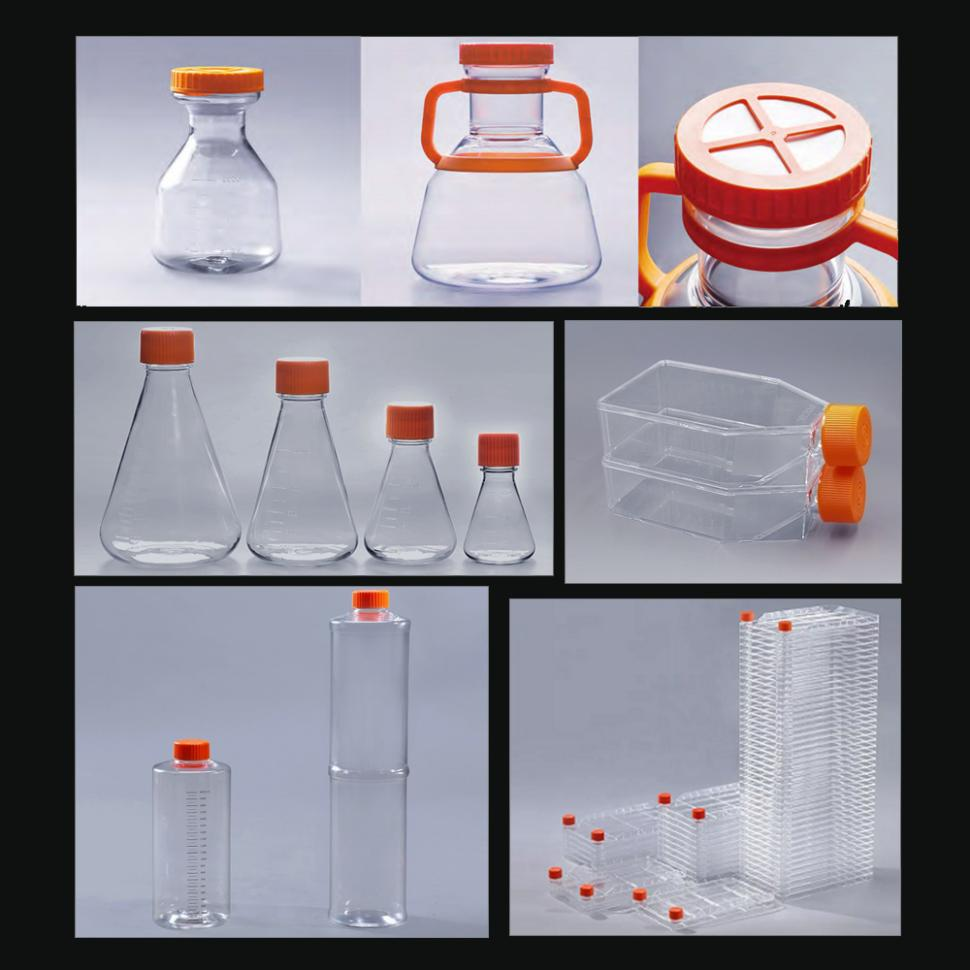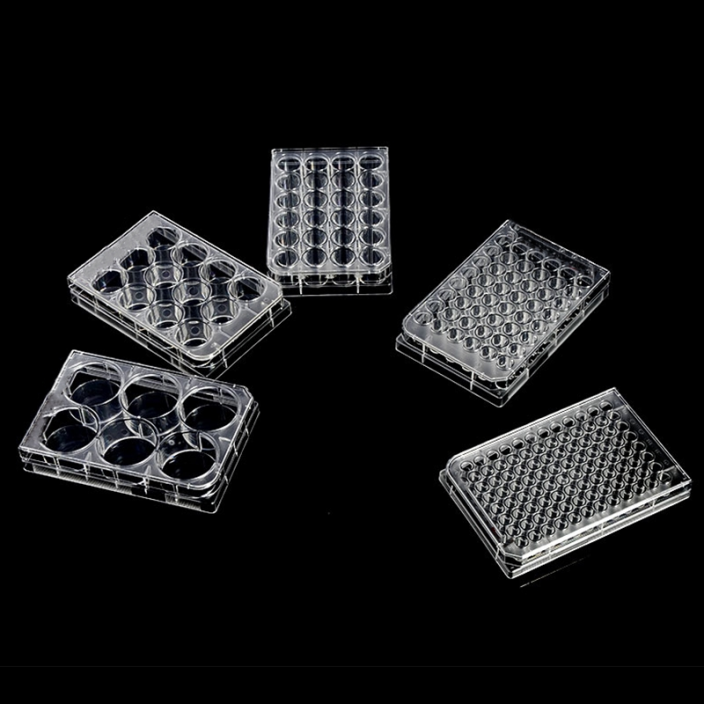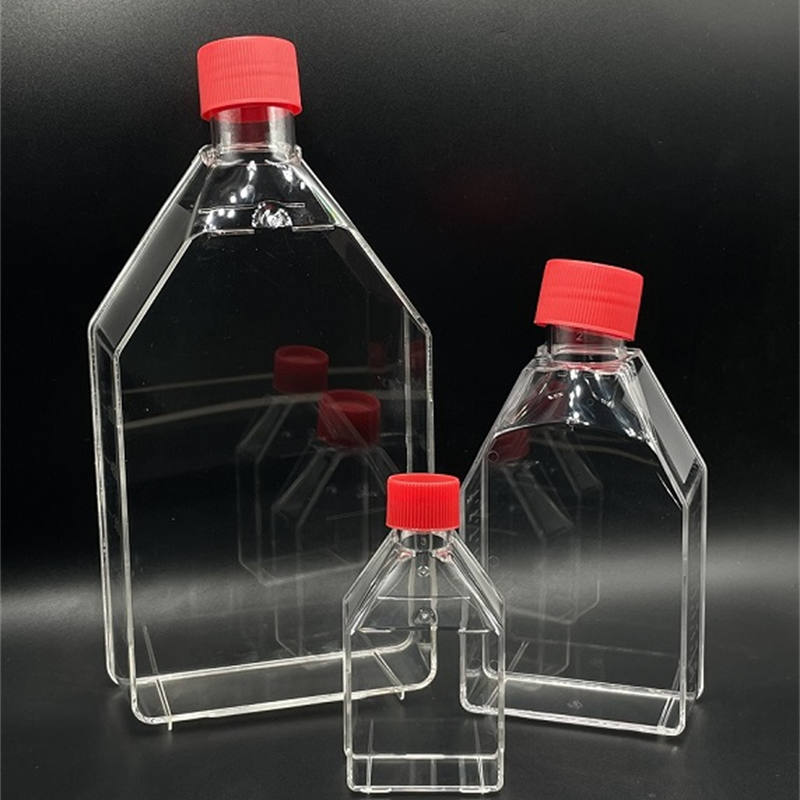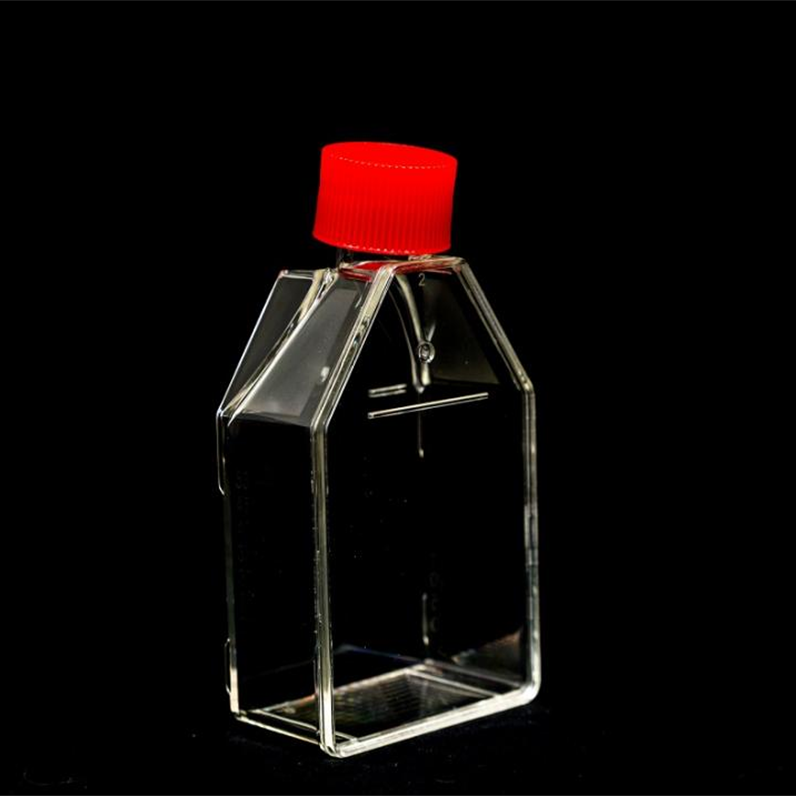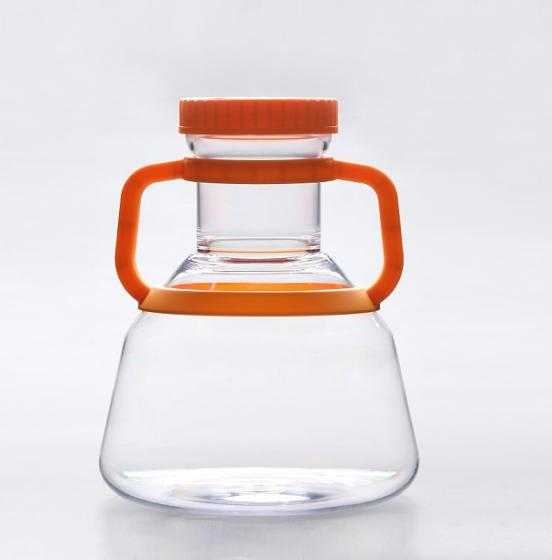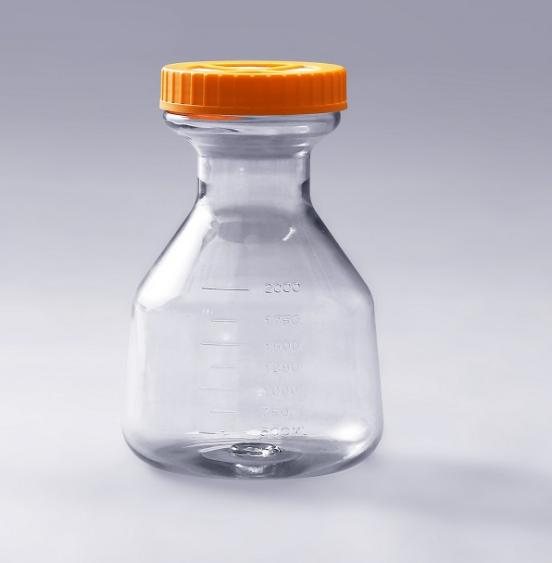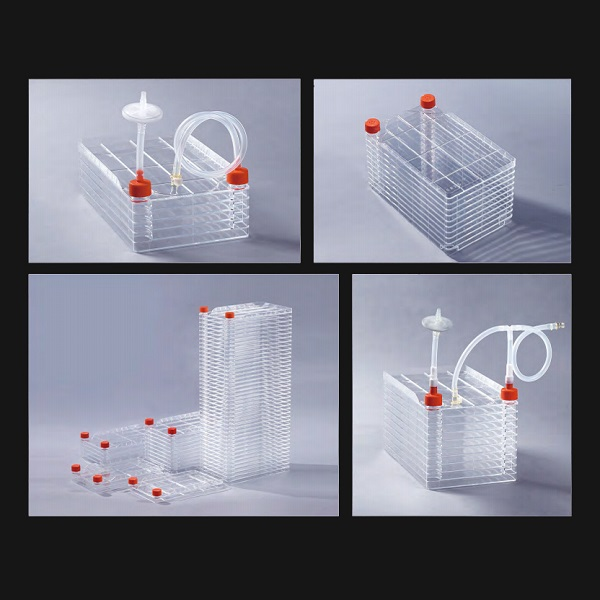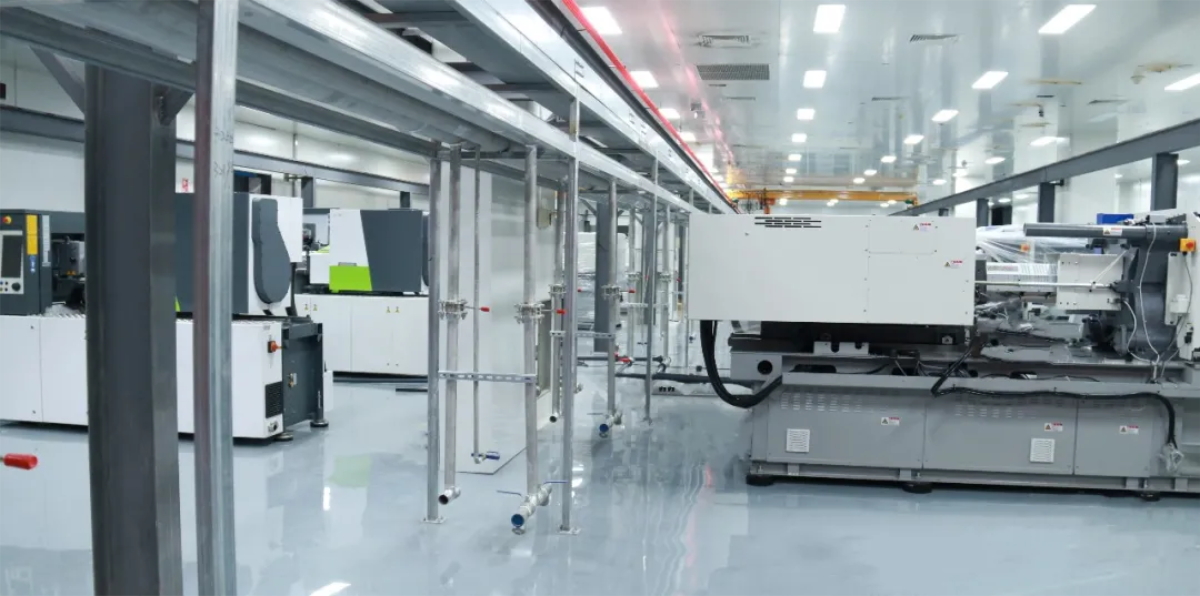How to select cell culture consumables ?
1. Determine the cultivation method
According to the different growth methods, cells are divided into two categories: adherent cells and suspension cells, and there are also cells that can grow in both adherent and suspension, such as SF9 cells. Different cells have different requirements for cell culture consumables. Adherent cells generally use TC-treated consumables, while suspension cells do not have such requirements, but TC-treated consumables are also suitable for suspension cell growth. To select the appropriate consumables, the cell culture method must first be determined according to the cell type.
2. Select the type of consumables
Common cell culture consumables include cell culture plates, cell culture dishes, cell culture square flasks, cell roller bottle,cell factories, Serological pipettes, etc. These consumables have their own characteristics in terms of culture area, usage method, and overall structure. The culture bottle is a closed culture, which can reduce pollution; the culture plate and petri dish are semi-open culture, which is convenient for control experiments and gradient experiments, but it is also more likely to cause bacterial contamination, which requires higher operators. Some consumables also need to be operated with special equipment. For example, the cell shaker needs to use the vibration of the shaker to make the cells better contact with the air, and the 40-layer cell factory needs automatic equipment. In short, when selecting the type of consumables, it should be comprehensively considered in combination with experimental needs and personal operating preferences.
1.Multi-well cell culture Plates: Cell culture formats utilizing multi-well cell culture plates are gaining popularity because they facilitate the study of multiple dynamic variables, reduce experiment time, and save expensive reagents. In addition to standard high-throughput micro-plates, special micro-plates have been developed to facilitate 3D and organotypic cell culture.
1) Number of holes
Depends on the desired flux level, and with or without machine assistance. 6, 12, 24 and other less well cell culture plates can be added manually. To 96-well cell culture plates, it is better to have the help of an electric pipette or machine.
2) The shape of the hole
The bottom of the well can be chosen to be flat (F-bottom), round (U-bottom), or tapered, depending on the cell type and downstream application.
3) Color of the plate
The color of the perforated plate is also closely related to the application. If the cells are observed with a phase contrast microscope or with the naked eye, a transparent multi-well cell culture plate can be selected. However, for applications outside the visible light spectrum (such as luminescence or fluorescence), colored multi-well cell culture plates (such as white or black) are required.
4) Surface treatment
Which cell surface treatment to choose depends on whether you are culturing suspension or adherent cells.
2.Cell culture flasks: The culture area ranges from 25-225 cm², and they are generally surface-modified, suitable for cell adhesion and growth. 225cm²and 175cm² cell culture flasks are mostly used for large-scale culture (such as monoclonal cell culture, etc.), 75cm² is mostly used for general cell experiments (general passage, preservation of cells, cells for experiments, etc.), 25cm² is generally used for It can be used to revive cells or culture when there are few cells, and when making primary cells, multiple bottles can be used to avoid cross-contamination.
3.Erlenmeyer flask: Compared with consumables such as cell factories and cell roller bottle, it has a smaller cell culture area and is an economical cell culture tool. The bottle body of the flask is made of polycarbonate (PC) or PETG material. The unique triangular shape design makes it easier for the pipette or cell scraper to reach the corner of the bottle, making the cell culture operation more convenient. The erlenmeyer flask cap is made of high-strength HDPE material, which is divided into a sealing cap and a breathable cap. The sealing cap is used for the sealed culture of gas and liquid. The breathable cap is equipped with a hydrophobic filter membrane on the top of the bottle cap. It prevents the entry and exit of microorganisms, prevents pollution, and ensures gas exchange, so that cells or bacteria grow well.
The common sizes of conical shake erlenmeyer flasks are 125ml, 250ml, 500ml ,1000ml and 3L,5L high efficiency erlenmeyer flasks, In order to observe the capacity of the medium and grasp the growth state of the cells, a scale will be printed on the bottle body. Cell culture needs to be carried out in a sterile environment. Therefore, the Erlenmeyer flask will undergo special sterilization treatment before being put into use to achieve the effect of no DNase, no RNase, and no animal-derived ingredients, providing good conditions for cell growth. surroundings.
4.Multi-layer Cell Factory: Cell factory is Suitable for industrial batch production, such as vaccines, monoclonal antibodies or the pharmaceutical industry, but also for laboratory operations and large-scale cell culture. Convenient and practical, effectively avoid pollution. Cell Factory with Sealed cover: The cover has no ventilation holes, and is mainly used under conditions without carbon dioxide such as incubators and greenhouses. Cell Factory with sealed cover can prevent the invasion of external bacteria and help create a good growth environment for cell growth. Breathable cover: There are ventilation holes on the top of the cover, which are mainly used in a carbon dioxide environment. The ventilation holes allow carbon dioxide in the environment to enter the cell factory, creating suitable growth conditions for cell growth. There are 1 layer,2 layers,5 layers,10 layers,40 layers cell factories available.
5.Cell culture roller bottle : 2L & 5L Roller bottles are Suitable for a variety of adherent cell cultures and Suspension cell cultures, including Vero cells, HEK 293 cells, CAR-T cells, MRC5, CEF cells, porcine alveolar macrophages, myeloma cells, DF-1 cells, ST cells, PK15 cells, Marc145 cells other adherent cells. It is also suitable for static culture of suspension cells such as CHO cells, insect cells, BHK21 cells and MDCK cells.
3.Select the specifications of consumables.
Large-scale cell culture experiments require consumables with a larger culture area for support, while small-scale experiments choose consumables with a smaller area. Cell factories are mostly used for large-scale cell culture, such as vaccine production, monoclonal antibodies, pharmaceutical industry, etc.; culture plates, dishes, and flasks are suitable for small-scale cell culture in laboratories; in addition to suspension cell culture, the flask can also For medium preparation, mixing and storage. According to the cell culture scale, determine the specific specifications of consumables.
Appropriate cell culture consumables are the premise to ensure good cell growth, and are also the key to speeding up the experimental process and ensuring the culture effect. In the selection, factors such as cell culture method, culture scale, and laboratory conditions should be considered comprehensively. we need to use other consumables when doing cell culture, for example, flake carrier of CellDisk & spherical carrier of CellDisk, pipette tips, sealing film, pipettes, etc., Luoron can also provide.
LuoRon Biotech Co., Ltd focus on the research, development, sale and service of biological consumables. The production factory is with a plant area of 10,000 square meters. It has grade 100,000 clean production workshop, grade 10,000 level assembly workshop and high-precision mold research and production workshop.
In short, when selecting the type of consumables, it should be comprehensively considered in combination with experimental needs and personal operating preferences. Of course, it is equally important to choose a platform like LuoRon that has high-quality and diversified products, stable supply, guaranteed quality and service. LuoRon can provide a full range of one-stop procurement services for scientific research supplies for laboratories in the fields of global life sciences, pharmaceutical industry, environmental protection, food safety, government agencies, and clinical medicine.
Welcome to do OEM & ODM, our custom online service :
Whatsapp & Wechat :86-18080481709
Email: sales03@sc-sshy.com
Or you can send us your inquiry by filling the text on the right, please remember to leave us your cell phone number so we can contact you on time.


